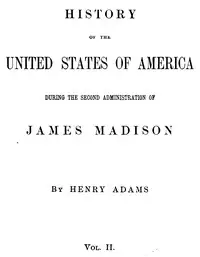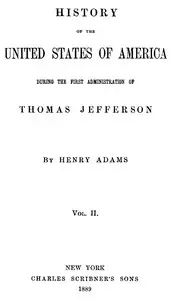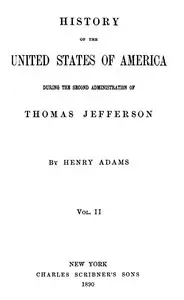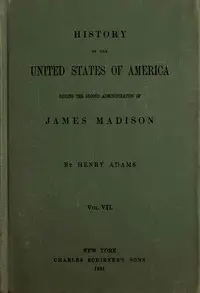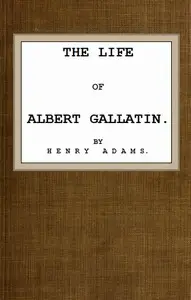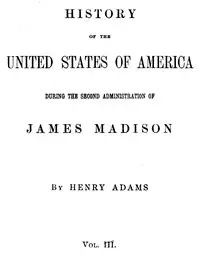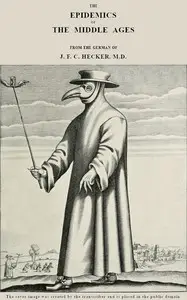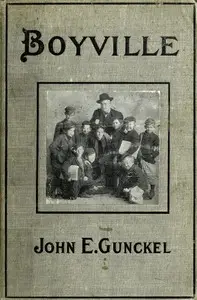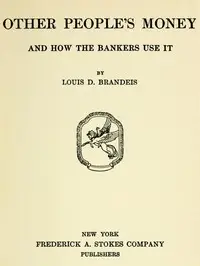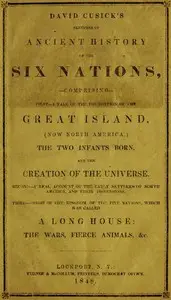"History of the United States of America, Volume 5: During the First Administration of James Madison" by Henry Adams is a historical account written in the late 19th century. This volume delves into the early years of James Madison's presidency from 1809 to 1813, exploring the political landscape and significant events during this period. The book is likely to interest readers who seek a detailed examination of American political history and the complexities of governance during Madison's term, including foreign relations and domestic challenges. The opening of the volume presents an analysis of Madison's inauguration and early challenges as a president. It highlights the cautious and conventional tone of his inaugural address, during which he expressed a commitment to peace and neutrality in the face of international conflicts, particularly with England and France. The writer illuminates the tensions within Madison's cabinet regarding key appointments and the political factionalism that threatened his administration from the outset. The chapter sets the stage for a deeper examination of the conflicts and political maneuverings that characterized Madison's first term in office, including the issues surrounding commerce, foreign relations, and the delicate balance of power in American politics at the time. (This is an automatically generated summary.)
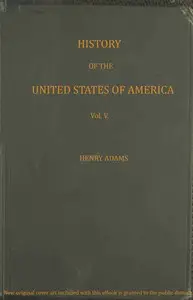
History of the United States of America, Volume 5 (of 9) : $b During the first administration of James Madison
By Henry Adams
"History of the United States of America, Volume 5: During the First Administration of James Madison" by Henry Adams is a historical account written i...
Henry Brooks Adams was an American historian and a member of the Adams political family, descended from two U.S. presidents. As a young Harvard graduate, he served as secretary to his father, Charles Francis Adams, Abraham Lincoln's ambassador to the United Kingdom. The posting influenced the younger man through the experience of wartime diplomacy, and absorption in English culture, especially the works of John Stuart Mill. After the American Civil War, he became a political journalist who entertained America's foremost intellectuals at his homes in Washington and Boston.

